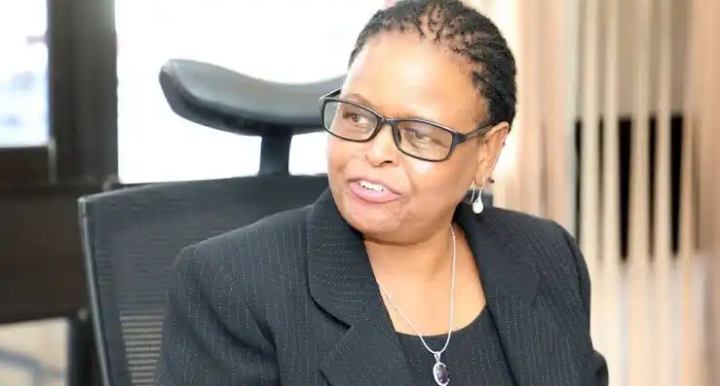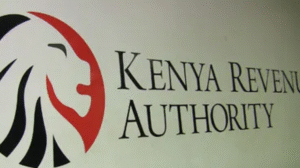The recent concerns raised regarding the financial operations within the Kenyan Judiciary highlight serious questions about transparency and accountability.
Specifically, the focus is on the alleged existence of a “confidential vote” in the Judiciary’s budget, which is said to allow the Chief Justice (CJ) to draw huge amounts of money without oversight.
This issue, along with the alleged unauthorized expenditure on the CJ’s private residence, requires immediate attention and clarification.
Wilfrida Mokaya, who was recently appointed as the Chief Registrar of the Judiciary, plays a crucial role in managing the financial operations of the Judiciary.
Her responsibilities include overseeing the Judiciary Fund and ensuring that all financial activities comply with legal and constitutional mandates.
Given the seriousness of the allegations, it is vital for Ms. Mokaya to address these issues directly to maintain public trust in the Judiciary.
It is said that the Office of the Chief Justice has access to a “confidential vote” in the Judiciary’s budget, amounting to over 50 million Kenyan Shillings annually.
This fund, according to the reports, is used without any form of oversight or accountability.
Such a fund, if it exists, raises concerns about financial transparency, especially given that no clear records of its use have been provided over the past three years.
There is also a claim that former Chief Justices Willy Mutunga and David Maraga did not operate this “confidential” account.
This allegation suggests a possible deviation in the financial practices under the current CJ, which could indicate a lack of continuity in maintaining strict financial controls within the Judiciary.
According to the report obtained by leaked.co.ke, the use of over 25 million Kshs from the Judiciary’s funds to repair the CJ’s private residence, which was allegedly flooded during heavy rains.
This expenditure is said to have been made without budgetary approval or the consent of the Judicial Service Commission (JSC).
Such actions, not only contravene financial regulations but also raise ethical questions about the use of public funds for private benefit.
The public’s call for transparency in how these funds are used is legitimate.
The suggestion that the 50 million Kshs from the “confidential vote” could be better utilized, for instance, in sponsoring poor students, reflects the growing demand for responsible governance.
Misuse of public funds not only undermines the trust in public institutions but also diverts resources from essential services that could benefit the wider population.
The call for Ms. Mokaya to invite the Ethics and Anti-Corruption Commission (EACC) and the Directorate of Criminal Investigations (DCI) to investigate these allegations is a critical step.
If these claims are substantiated, they could have serious legal implications for those involved.
Additionally, Ms. Mokaya’s adherence to Article 10 of the Kenyan Constitution, which mandates transparency, accountability, and public participation, will be crucial in addressing these issues.
The allegations of a “confidential vote,” unauthorized repairs on the CJ’s private residence, and the potential misuse of Judiciary funds are matters of public interest that demand immediate investigation and clarification.
As the Chief Registrar, Wilfrida Mokaya must ensure that all financial activities within the Judiciary are transparent and accountable to restore public confidence in the institution.
The Kenyan Judiciary, like all public institutions, must adhere to the highest standards of financial integrity to serve the nation effectively.





















Add Comment